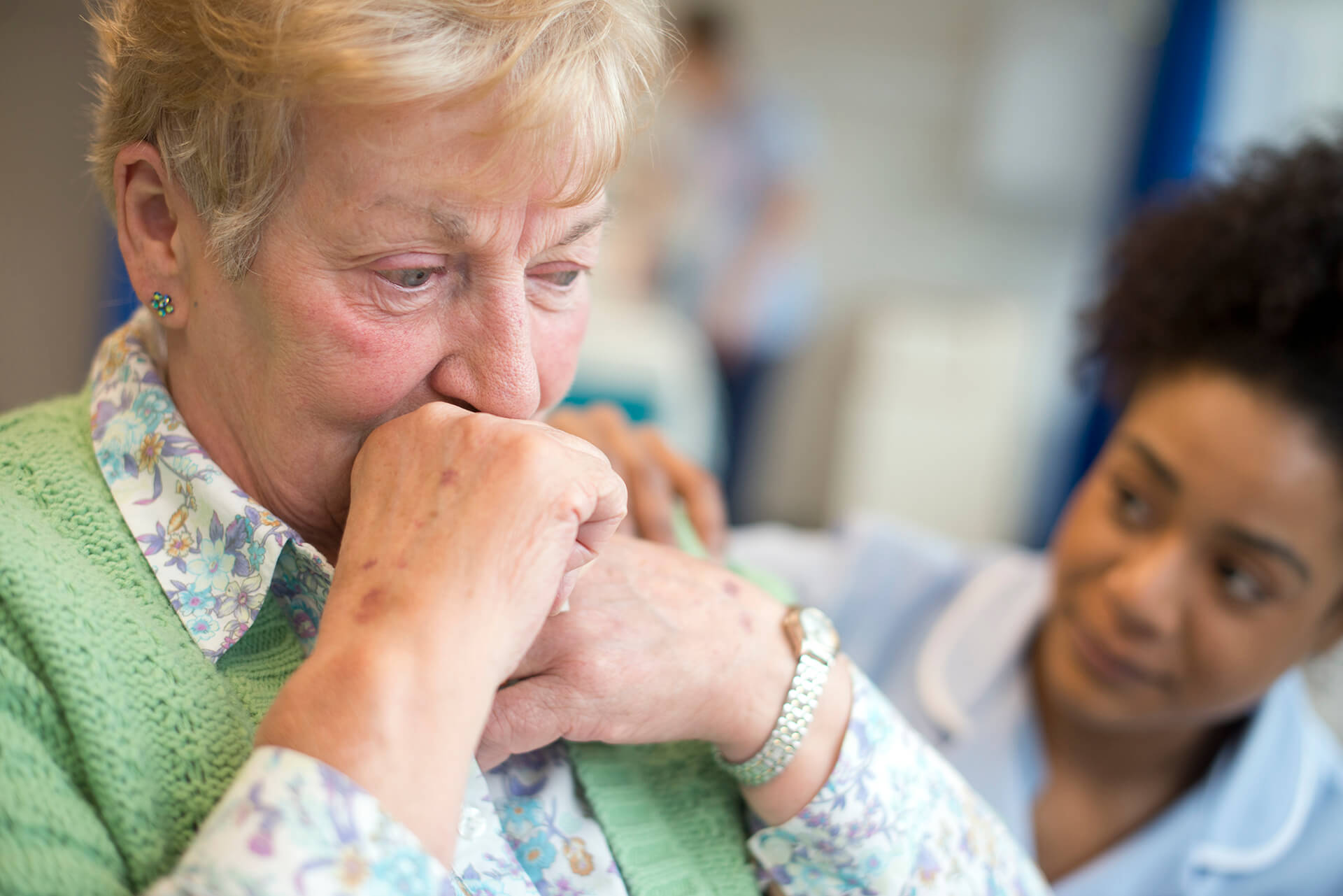
You can only care for someone else if you yourself are cared for. Just one of many principles under-pinning the Positive Behaviour Support approach that we are embedding in everything we do at Askham.
As a community that provides care and rehabilitation for many vulnerable adults – each with their own unique diagnosis of need – we are learning to see every behaviour as a form of communication. People are all too often branded with a label: John is difficult. Jane displays challenging behaviour. Jim becomes aggressive at times. Far from it. Behaviours are simply a way for us to tell those around us that we have an unmet need; a need that we need their help to meet.
We may not know how to articulate what we need, we may not understand our own needs, or we may know full well what we need but we lack the capability to independently meet our needs. This is where behaviours can then demonstrate the frustration or other anxiety we feel in these circumstances. We need the adults and the professionals around us help us uncover the need, and hopefully meet it.
At Askham, where we support people with various brain related diseases or injuries (dementia, cognitive impairment, traumatic brain injury and more), we are increasingly seeing the value of looking beyond simply managing behaviour to understanding behaviour as a communication tool – and responding accordingly. Inspired by the work of David Pitonyak we seek to respond by enabling our residents to develop meaningful and enduring relationships, to experience joy in every day places, to exercise their own choice, and to feel a sense of self-worth. We can only consistently implement this across Askham if those who are delivering care and rehab are themselves feeling supported – so this really is a whole system approach that is now underpinning our day to day.
With thanks to our training team at AVC Training, the next few months will see a continued focus on excellent training – all embedded with this ‘behaviour as communication’ ethos.
